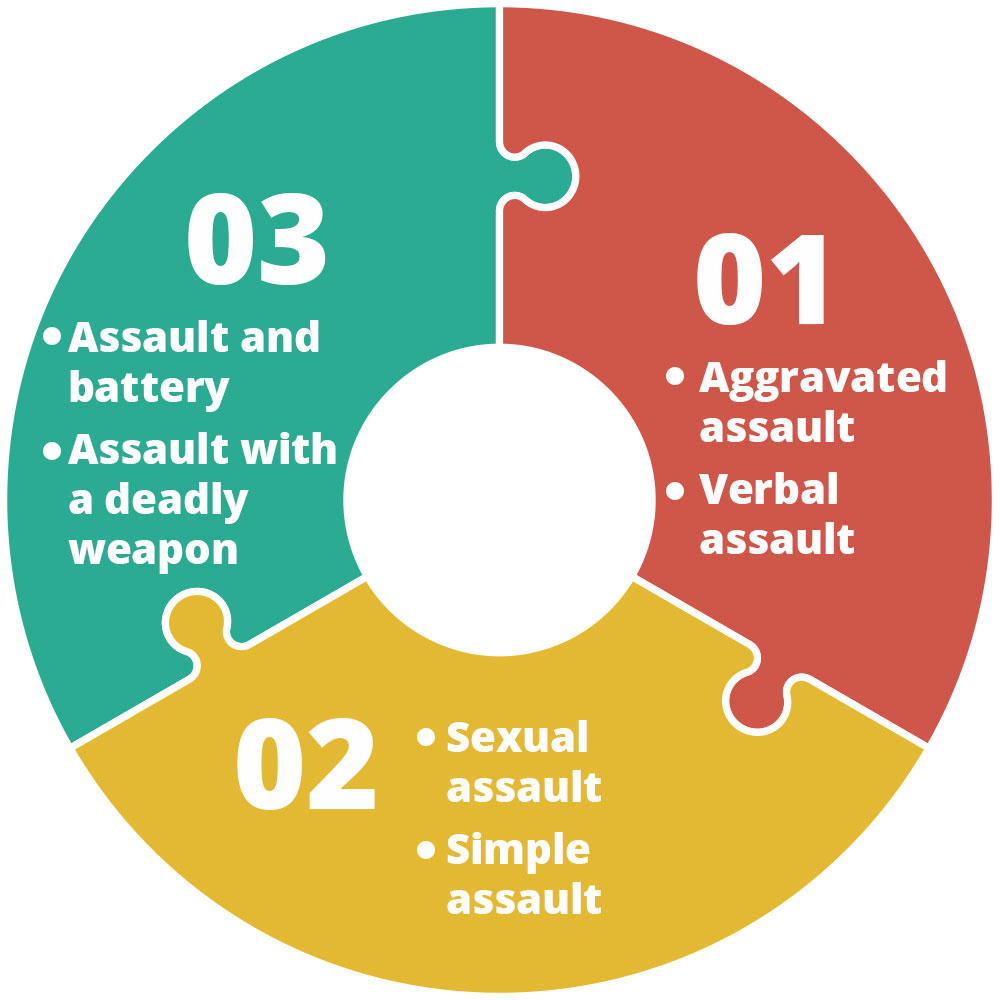Check Out The Changes In Criminal Legislation Over Time As Legal Experts Have Actually Changed The Emphasis From Religious Legislations To Rehabilitation Techniques In Guide The Development Of A Criminal Law
Check Out The Changes In Criminal Legislation Over Time As Legal Experts Have Actually Changed The Emphasis From Religious Legislations To Rehabilitation Techniques In Guide The Development Of A Criminal Law
Blog Article
Short Article By-Christensen Morton
Lawful experts, from ancient times to modern era, have actually formed the landscape of criminal legislation. They translate regulations, recommend reforms, and supporter for justice advancement. Faiths as soon as dictated punishments, however experts improved lawful systems for fairness and efficiency. Specialists remain to resolve emerging obstacles like cybercrimes and push for rehabilitation-oriented remedies. The impact of professionals is profound, shaping the legal structure over centuries. Discover their critical duty fit criminal law's development.
Early Influences on a Criminal Legislation
When studying the very early influences on criminal law, you must take a look at the societal standards and values that formed lawful systems. In ancient cultures, legislations were frequently based on faiths and moral codes. Offenses were seen as not just criminal offenses against individuals but also against the gods or the all-natural order. Punishments were usually harsh and focused on vengeance as opposed to rehabilitation.
As human beings evolved, so did their legal systems. The old Mesopotamians, for example, created among the earliest recognized legal codes - the Code of Hammurabi. This code developed specific penalties for various criminal offenses and establish a criterion for composed regulations that were used consistently to all participants of culture.
Similarly, the old Greeks introduced the idea of a test by jury, where a group of citizens would certainly determine the innocence or shame of the accused. This marked a shift towards a much more democratic and participatory legal system.
These early influences laid the foundation for modern criminal law, stressing the importance of societal worths, justness, and the policy of legislation.
Professionals in Middle Ages Legal Solution
Throughout the middle ages period, specialists in lawful systems played a critical duty in shaping and translating laws that governed social conduct and order. These professionals, frequently referred to as jurists or legal scholars, were deeply knowledgeable regarding the intricate legal structures of the moment. best dwi attorney was accountable for encouraging rulers, nobles, and clergy on matters of legislation, as well as for preparing legal papers and decrees.
https://www.opb.org/article/2022/01/28/oregons-chief-justice-asks-lawyers-to-step-up-as-public-defenders/ of legal specialists during this era were the canon legal representatives, who managed matters worrying the Church and ecclesiastical law. Canon legal representatives were instrumental in establishing the legal principles that regulated religious organizations and methods, making certain compliance with religious doctrines and norms.
Furthermore, civil law experts in medieval Europe, such as the Roman-influenced legal experts, contributed to the development of nonreligious legal systems. They provided experience in interpreting Roman law codes and adapting them to match the advancing social requirements of the time.
Modern Legal Reforms and Specialists
In the realm of modern-day legal systems, specialists remain to play a crucial function in shaping and implementing crucial reforms. These experts, varying from legal scholars to policymakers, contribute in examining existing legislations, recognizing locations for renovation, and suggesting effective solutions. With their know-how and experience, they contribute considerably to the development of criminal law, guaranteeing that it continues to be pertinent and just in modern society.
Lawful reforms led by experts commonly aim to enhance the effectiveness of the justice system, promote justness in lawful process, and address arising challenges such as cybercrimes and global police. These specialists work together with lawmakers and law enforcement agencies to develop legislation that reflects societal values and breakthroughs the principles of justice.
Furthermore, professionals in modern lawful systems go to the forefront of advocating for reforms that focus on rehabilitation over punitive measures, identifying the importance of addressing root causes of criminal habits and advertising long-lasting societal wellness. Their efforts not just shape the legal landscape however also add to developing a much more fair and effective criminal justice system for all.
Conclusion
As specialists have shaped the evolution of criminal law throughout background, one can see the transformative power of knowledge in the lawful landscape.
Much like a skilled designer carefully makes a building to endure the test of time, legal experts have carefully crafted laws to maintain justice and order in culture.
From ancient civilizations to contemporary reforms, the expertise of legal specialists has actually been instrumental fit the laws that regulate our globe today.
